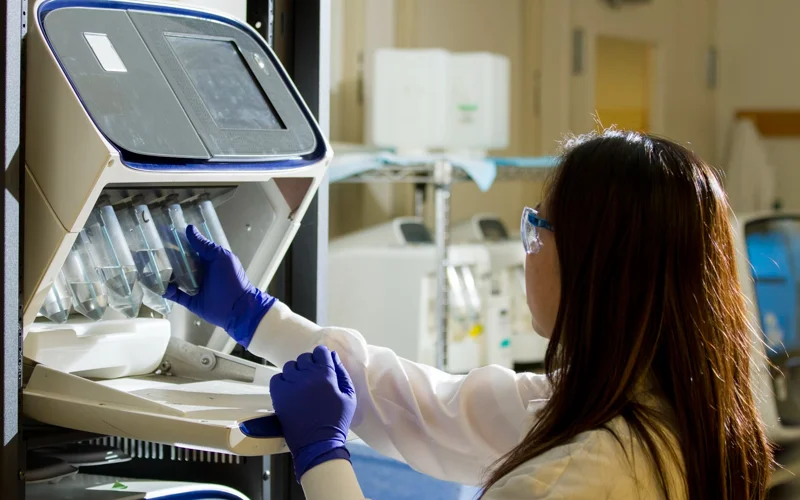Researchers identify key protein in cellular fat storage
Researchers in Australia have identified a key protein playing a central role in how cells manage and store fat, offering new insights for health research, Xinhua reports.

The study identifies a crucial protein, named CHP1, that acts as a central director in this process, which could help research into conditions related to abnormal fat storage, according to a statement released Friday by Australia's University of New South Wales (UNSW).
"Understanding this process is a critical step towards developing new strategies to address a range of metabolic disorders like obesity and diabetes," said the study's lead author Guang Yang from the UNSW School of Biotechnology and Biomolecular Sciences.
Fat, or lipids, is stored inside cells in small compartments called lipid droplets, which are essential for energy storage and other cellular functions.
The study reveals that removing CHP1 leads to a significant reduction in the size of the lipid droplets, suggesting that CHP1 is a master regulator of fat metabolism within the cell.
Researchers found that CHP1 directly influences key enzymes, known as microsomal GPATs, responsible for creating fat molecules and also directing them to the surface of the lipid droplets where they are needed most.
The findings, published in the Proceedings of the National Academy of Sciences in the United States, advance the understanding of how cells regulate fat metabolism, which is hoped to pave the way for new treatments.
Earlier, Kazinform reported on a breakthrough German innovation on collagen gel that offers new hope for cartilage repair.

